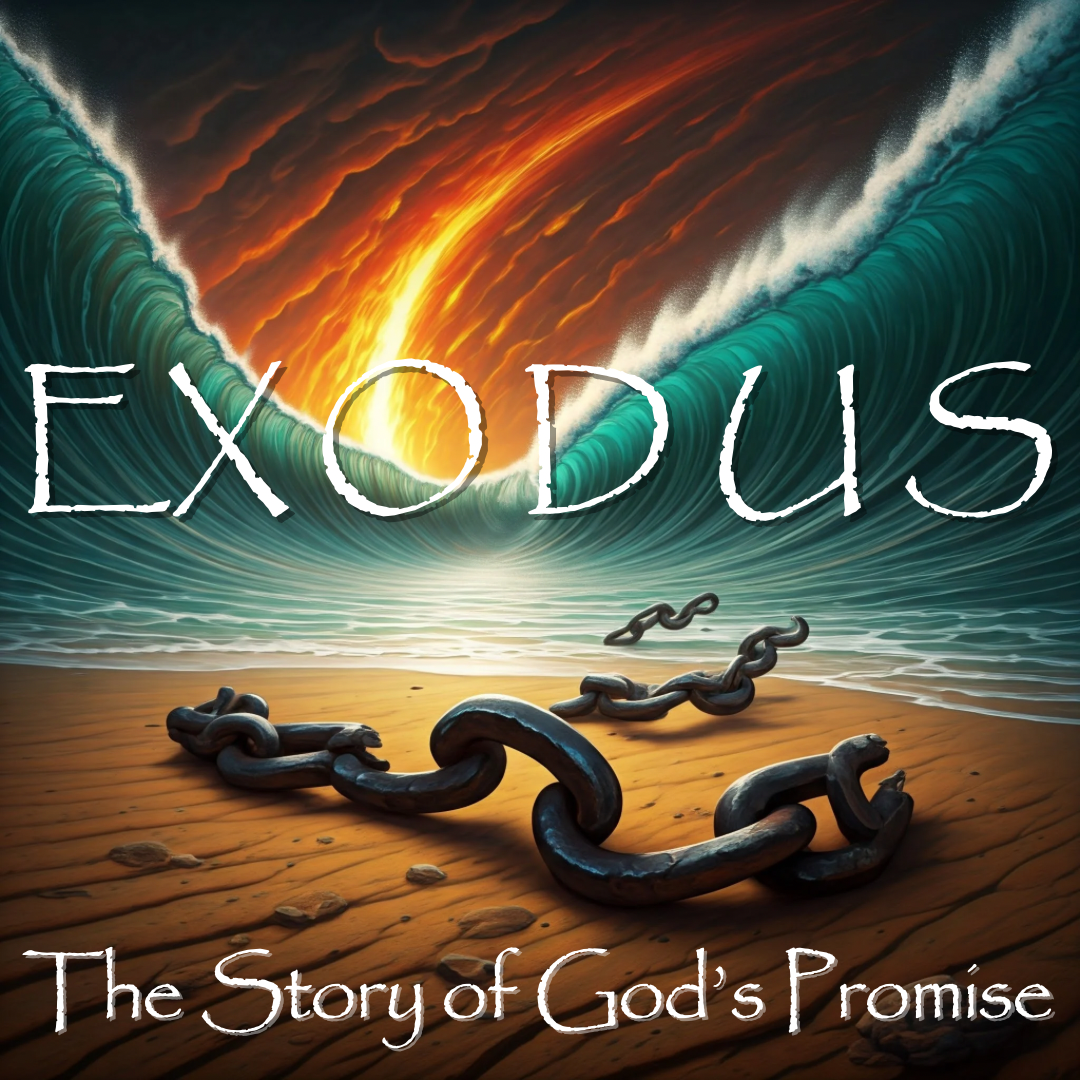The biblical story of Exodus, found in the second book of the Bible, recounts the remarkable deliverance of the Israelites from slavery in Egypt under the leadership of Moses. This narrative, rich in symbolism and theological depth, highlights God's power, faithfulness, and guidance. By exploring three major themes in the story—God's deliverance, covenant relationship, and divine guidance—Christians today can gain fresh insights into their faith and daily life. A key verse that encapsulates the essence of God’s enduring care is Exodus 15:13, which declares: “In your unfailing love you will lead the people you have redeemed. In your strength you will guide them to your holy dwelling.”
THE God who delivers
The overarching theme of Exodus is God’s deliverance of His people. The Israelites, enslaved for generations in Egypt, cried out to God, and He responded by raising up Moses as a deliverer. Through a series of miraculous plagues and the parting of the Red Sea, God demonstrated His power to save. The theme of deliverance is central to the Christian faith. Just as God delivered the Israelites from bondage, Jesus Christ delivers believers from the bondage of sin. This offers a message of hope for modern Christians facing personal struggles, reminding them that God’s power to deliver is not confined to ancient history. When life feels overwhelming, believers can find solace in the knowledge that God hears their cries and acts on their behalf, just as He did for the Israelites.
THE God who promises
Another significant theme in Exodus is the establishment of a covenant relationship between God and His people. After their deliverance, the Israelites journeyed to Mount Sinai, where God gave them the Ten Commandments, outlining the moral and spiritual framework for their lives. This covenant marked them as God’s chosen people, bound by a relationship of love and obedience. For Christians, this theme underscores the importance of living in a committed relationship with God. The New Covenant, established through the death and resurrection of Jesus Christ, invites believers into a deeper relationship with God, marked by grace rather than law. The covenant relationship in Exodus serves as a reminder that faith is not merely about rules but about walking closely with a loving God who desires to be known and followed.
THE God who guides
A third prominent theme in the story of Exodus is divine guidance. From the pillar of cloud by day to the pillar of fire by night, God provided clear direction to the Israelites on their journey through the wilderness. Even when they faced challenges and uncertainty, God’s presence remained with them, leading them toward the Promised Land. This theme resonates deeply with modern believers who seek God’s direction in their lives. Exodus 15:13 beautifully captures this assurance: “In your unfailing love you will lead the people you have redeemed. In your strength you will guide them to your holy dwelling.” Christians today can draw encouragement from the knowledge that God continues to guide His people through the complexities of life. By seeking His will through prayer, Scripture, and the prompting of the Holy Spirit, they can trust in His faithful guidance.
How can this help us today?
The themes of deliverance, covenant relationship, and divine guidance offer timeless truths for Christian living. They remind believers that God is a powerful deliverer, a faithful covenant partner, and a reliable guide. In moments of doubt, they can hold fast to God’s unfailing love, trusting in His strength to lead them through life’s challenges. By embracing these lessons from Exodus, Christians can cultivate a deeper faith, confident that the same God who redeemed Israel continues to work powerfully in their lives today.
Reflections:
Is there an area, or more than one, of your life where you need God's creative work of deliverance today?
What role do you have in a covenant relationship with God and ho can you increase your own faithfulness in that relationship in your daily life?
Do you see evidence of God’s divine guidance in your current circumstances? If so, where? If not, why do you think that is so?

